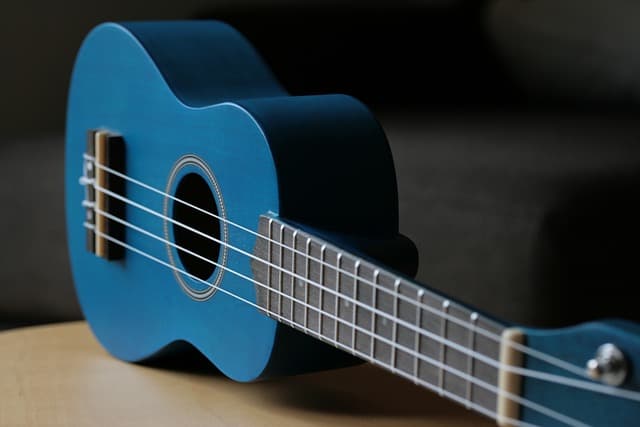First of all, congratulations. If you got to the point of buying a musical instrument for your child, then you have most likely decided what he likes to play, as well as from whom and where he will learn the art of music-making. This is already half done. Little else is left.
On the one hand you need an instrument that will inspire… or at least not cause you to lose the desire to study. On the other hand, you probably do not want to overpay for a thing, some qualities and functions of which will be superfluous for a schoolboy. Our tips will help you find the balance.
If you are still not sure that your child will study music, wait with the purchase. Find another way to try a particular instrument. “You can buy a harmonica, a block flute, or a ukulele to try it out – they are very inexpensive.
The first professional to whom you seek advice should be a teacher. In our experience, most teachers recommend specific models of musical instruments that have proven themselves in the situation we are interested. Feel free to go in search of them in an online store. But only in the only case where you trust the teacher unconditionally. If there is the slightest doubt, or you have individual requirements, spend a little more time on the choice.
If we are talking about learning in a music school, getting a full music education, then there is no turning back. Your child will spend many days studying – he will need a guaranteed good instrument. If you’re going to learn from a private teacher or studio for the sake of playing music for fun, it gives us a lot of room for choice. And also a reason to take a more affordable instrument. Because in this case the probability is higher that the child will give up playing music.
Choose quality brands
When you want proven quality, look for instruments from well-known manufacturers. Classic guitars: Hohner, Yamaha.
Acoustic guitars: Yamaha, Sigma, Fender, Martin, Crafter.
Digital pianos: Casio, Yamaha, Roland, Kawai, Medeli.
Synthesizers: Casio, Yamaha, Roland, Korg, Kurzweil.
On bowed instruments: Gewa, Strunal.
Flutes: Yamaha, Hohner, Gewa.
Making a decision based on a single piece of advice from a teacher is a tempting prospect. But it’s even more tempting to spend a little more and get a much better model. Or, on the contrary, to choose a more affordable analogue of the instrument offered by the teacher. In short, now you need the advice of a competent salesperson.
The seller-consultant you go to should be a musician himself. Otherwise, he will only read with an expression the specifications, already stated in the manual.
Read online reviews of the options offered. The consultant will not be offended if you do this in his presence. On the contrary, he will be happy to answer a few pertinent questions.
Look into the future. Ask how the price of your tool will change over time. Maybe someday you’ll want to get something better, or maybe your child’s interest in music will wane – either way, someday you’ll want to sell what you’ve worked so hard to choose.
Involve your child in the selection process.
If there are controversial options that are about equal in quality and price, rely on the future musician’s opinion. If there are no alternatives, show your child the advantages of the model you choose over the cheaper ones – let them agree with your decision. In any case, the student should feel that the instrument is not imposed on them.
Find out what the musicians who inspire your child play. Perhaps that will suggest a solution.
